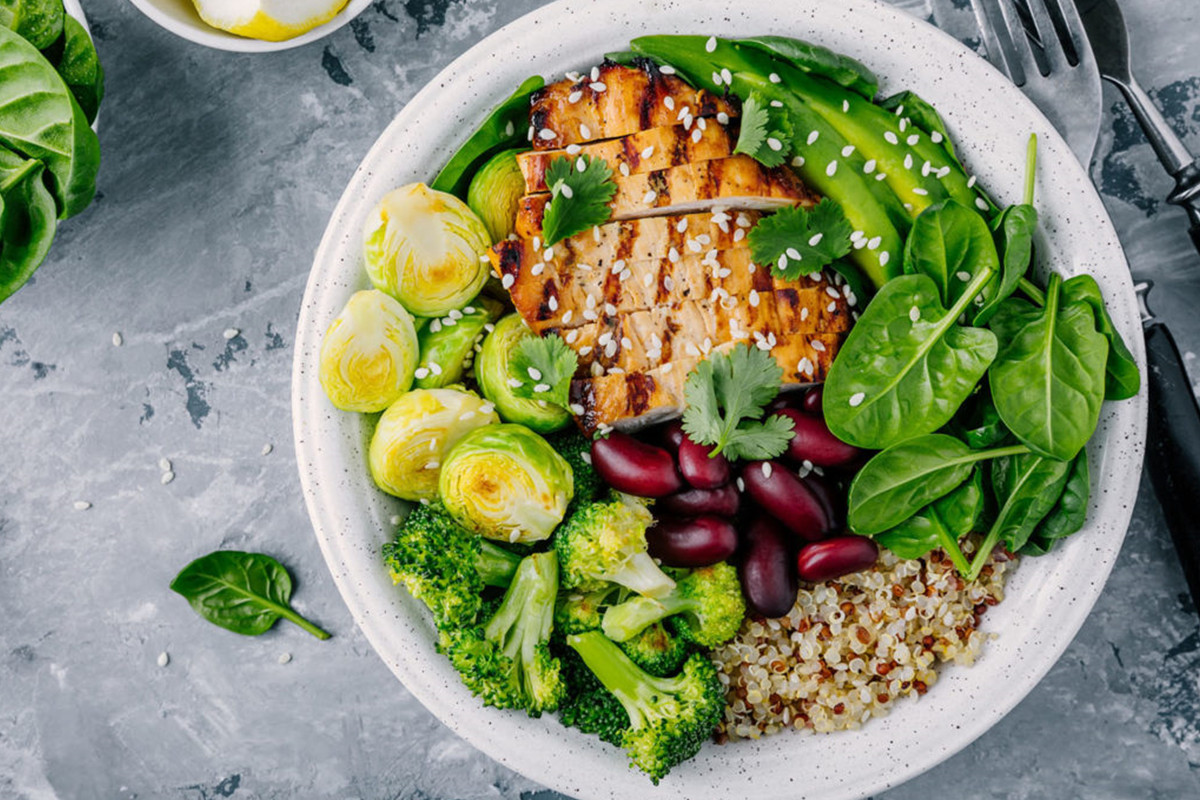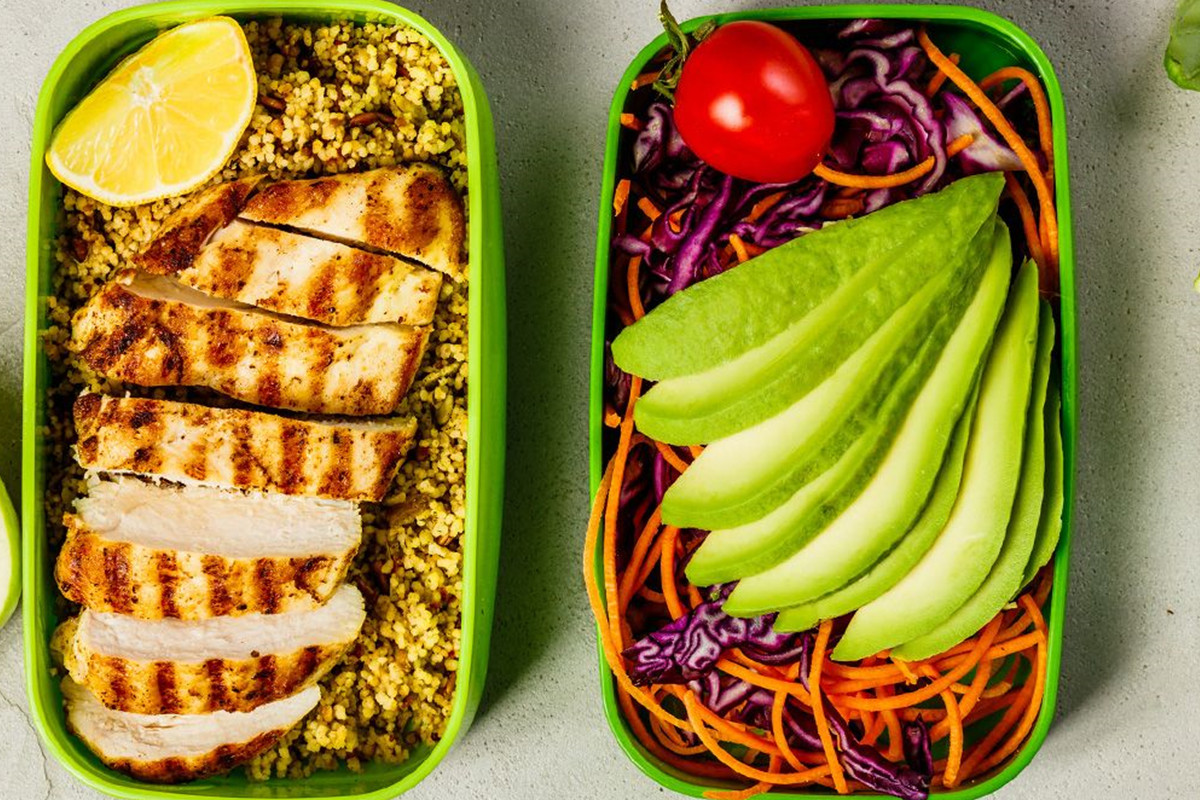The plant-based diet has grown in popularity, with everyone from popular television personalities to athletes opting for the healthier lifestyle. The SAD (standard American diet) diet is the traditional fare, highlighting certain types of food that are plentiful in North America and Europe. Both diets have benefits for health and longevity, but there are some major differences between the two that you should consider if you’re trying to decide which one is best for you.
The way you eat is one of the most important ways you can take care of your body and overall well-being in our modern lifestyle. Modern medicine and science are advanced, yet the human body is still affected from the food we eat. Nutritionists recommend that a healthy meal plan contains many fruits, vegetables and whole grains as part of a balanced diet. Research has shown that certain types of food can have a positive impact on the body, while others are linked to certain health conditions that can shorten life expectancy.

Raw vs Cooked Food
One of the biggest differences between a plant-based diet and the SAD diet is how food is prepared. Some people prefer to eat raw foods that have not been cooked or heated, while others enjoy the taste of food when it’s been cooked. There are arguments that either method can be beneficial for your health, depending on your lifestyle and the types of food you eat. A diet rich in raw fruits and vegetables provides more nutrients and fiber than one with only cooked foods.
The idea behind a raw food diet is that heating or cooking food will destroy these nutrients. However, some scientists insist that cooking doesn’t completely destroy nutrients, and that the body can absorb the nutrients from cooked foods as well as raw foods. Cooking food also has benefits, such as lowering the risk of developing certain conditions such as kidney stones and diabetes. Some doctors recommend eating at least partially cooked foods to reduce the risk of diseases such as cancer and heart disease.

